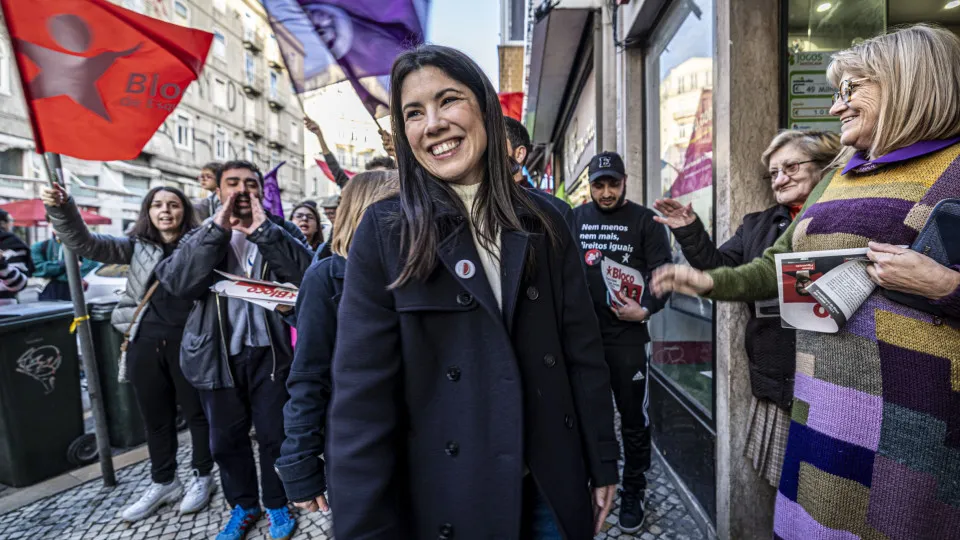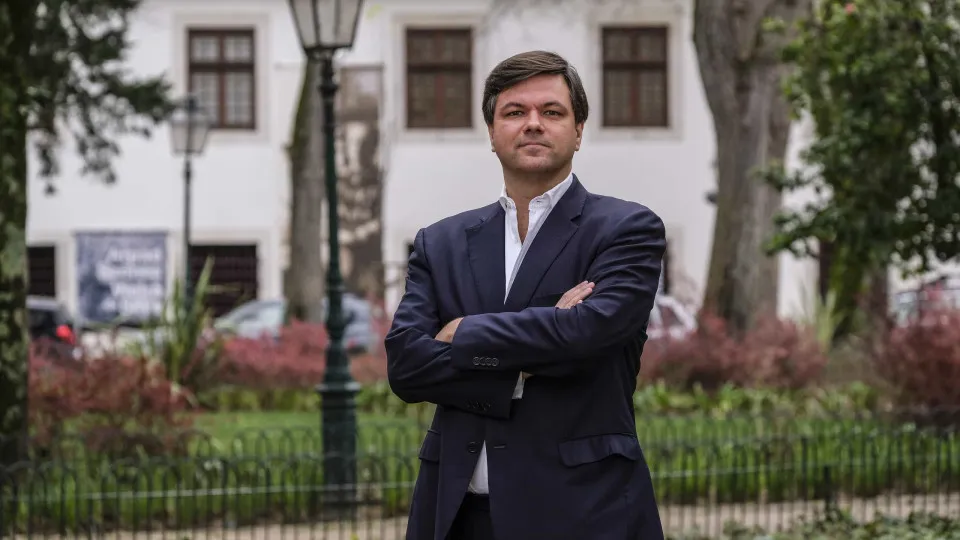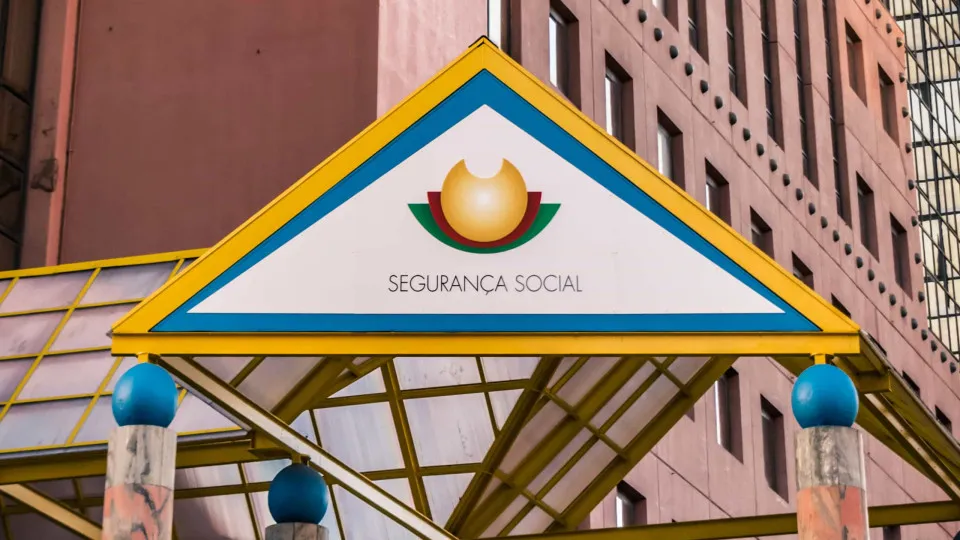
“There is a trust factor in those governing the country, in the Prime Minister and the Government, and in the policies being followed, certainly by setting priorities that citizens accept align with their interests, strongly contributing to this result,” stated the social-democratic leader.
Leonor Beleza, the first vice-president of the PSD, spoke to journalists following a meeting of the social-democrats’ permanent commission, held this morning at a hotel in Lisbon, which the party leader and Prime Minister, Luís Montenegro, did not attend.
The social-democrat further emphasized that the party’s positive results extend in a “new way across the national territory,” highlighting that “PSD’s elected officials are not located only in certain areas” and that “good results are spread throughout the entire territory.”
Leonor Beleza also mentioned that although the party is satisfied, what should drive PSD’s elected officials is responsibility and humility, as she believes that “what truly matters is not so much what happened last Sunday, but what will happen in the next four years.”
“What matters is that all those elected live up to the hopes, expectations, and what we envisioned when we marked our ballots, what matters is that the men and women elected can meet what all of us, citizens, expect from them,” she added.
For Leonor Beleza, these elections “go much further” than the “numbers usually used to measure the magnitude of the results” and are also related to the “integration into local communities” of those who run.
“When results like those the PSD achieved are obtained, it reflects that this integration is real, that we have many individuals who, using their connection to us, integrated within what we are as a party, also demonstrate, through this, a profound integration into local communities, local institutions, and local life,” she argued.
When asked if the PSD’s permanent commission reached conclusions on the loss of some district capitals, such as Viseu, Leonor Beleza stated that today’s meeting analyzed both positive and negative results, adding, without detailing, that reflections were made on what “may have gone less well in the process.”
Earlier, the first vice-president of the PSD also highlighted the renewal of leadership in several municipalities, expressing satisfaction at seeing “new generations” entering political life through local government, an area responsible for ensuring the “well-being of all citizens.”
Leonor Beleza also praised the “attitude of the Portuguese” for participating in the elections, thereby “expressing their interest in the functioning of democratic institutions and their commitment to ensuring they operate according to our needs, values, and interests.”
Both alone and in coalitions, the social-democrats managed to elect the most mayors, 136, according to provisional results from the Ministry of Home Affairs, with 109 municipalities to be governed with an absolute majority.
Of these, 78 were elected on PSD lists alone and 58 in coalitions. In total, the PSD received nearly 1.9 million votes and 34.31% of the total.
Compared to the previous local elections in 2021, the party won 22 additional municipalities (having had 114) and reversed local power leadership, with more municipalities and parishes than the PS, enabling it to lead the National Association of Portuguese Municipalities (ANMP) and the National Association of Parishes (Anafre), a goal set by Luís Montenegro.




